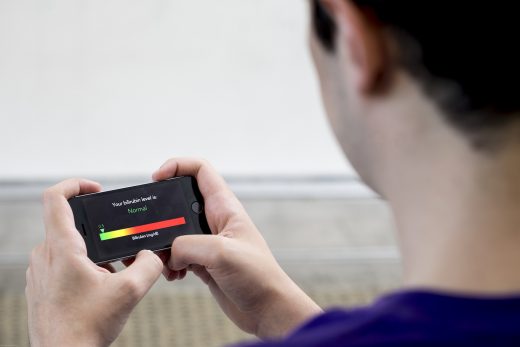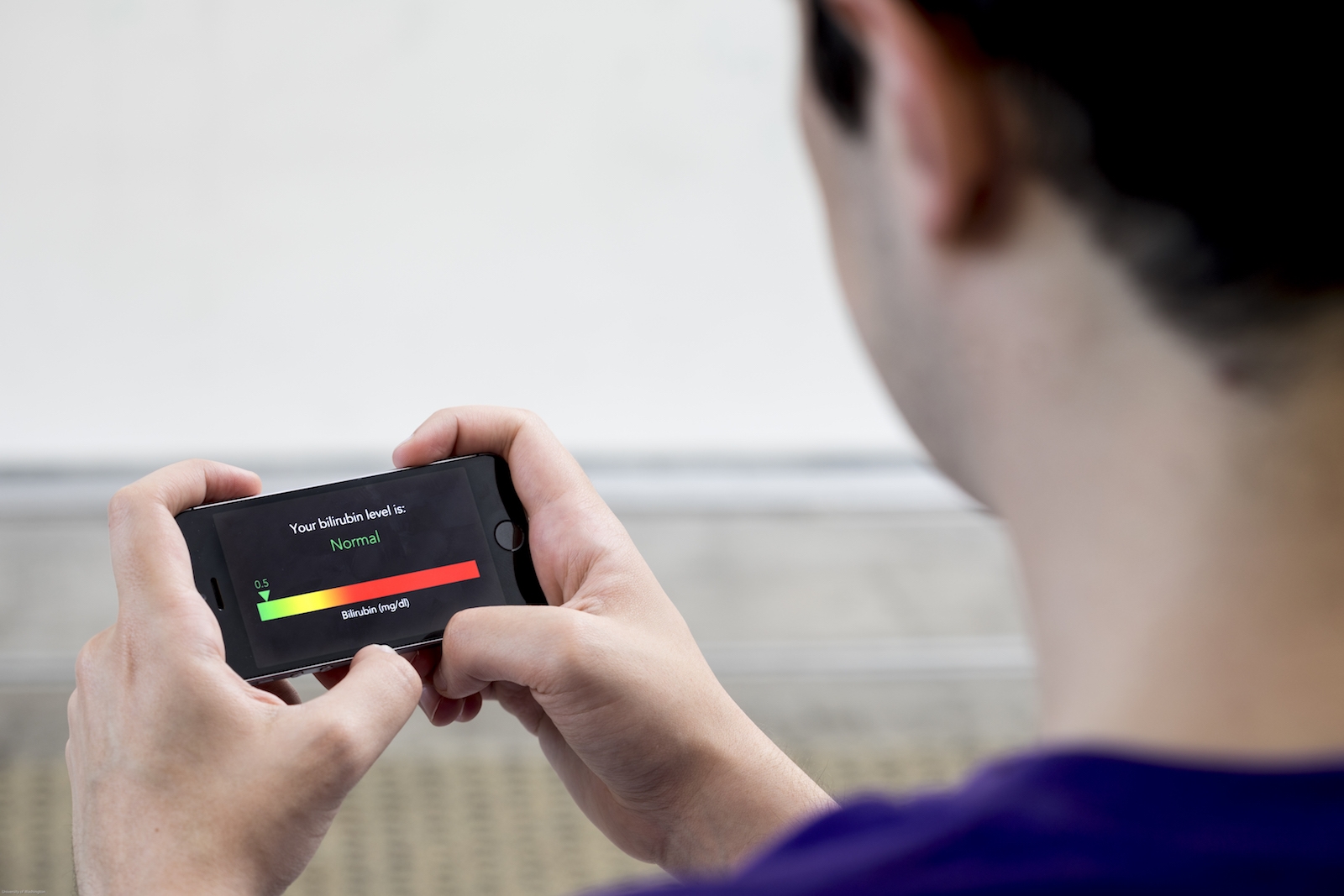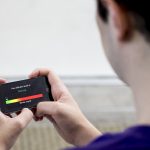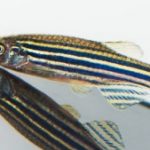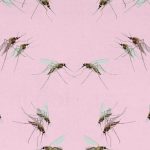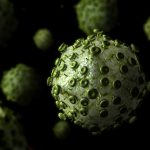App detects pancreatic cancer from the whites of your eyes
Pancreatic cancer has a very low survival rate, with just nine percent of patients surviving past five years. A major contributor to this rate is the fact that once those with pancreatic cancer start to show symptoms, the disease is usually already quite advanced. But researchers at the University of Washington have come up with a simple and incredibly accurate way to test for the cancer that people can administer themselves.
The team developed an app called BiliScreen and with a smartphone’s camera, it uses computer vision algorithms to detect levels of the chemical bilirubin in the whites of a person’s eyes. With pancreatic cancer, bilirubin levels start to increase and eventually, it turns the whites of the eye yellow, which is also the case for hepatitis. However, when that yellowing becomes noticeable, the cancer is already very developed. BiliScreen is able to detect very low levels of bilirubin and provide users with an assessment of whether their levels are high enough to indicate possible disease. This is easier and cheaper than a blood test, which is the traditional test for the cancer, and can be done before any symptoms start to show.
“Pancreatic cancer is a terrible disease with no effective screening right now,” Jim Taylor, a researcher on the project, said in a statement. “Our goal is to have more people who are unfortunate enough to get pancreatic cancer to be fortunate enough to catch it in time to have surgery that gives them a better chance of survival.”
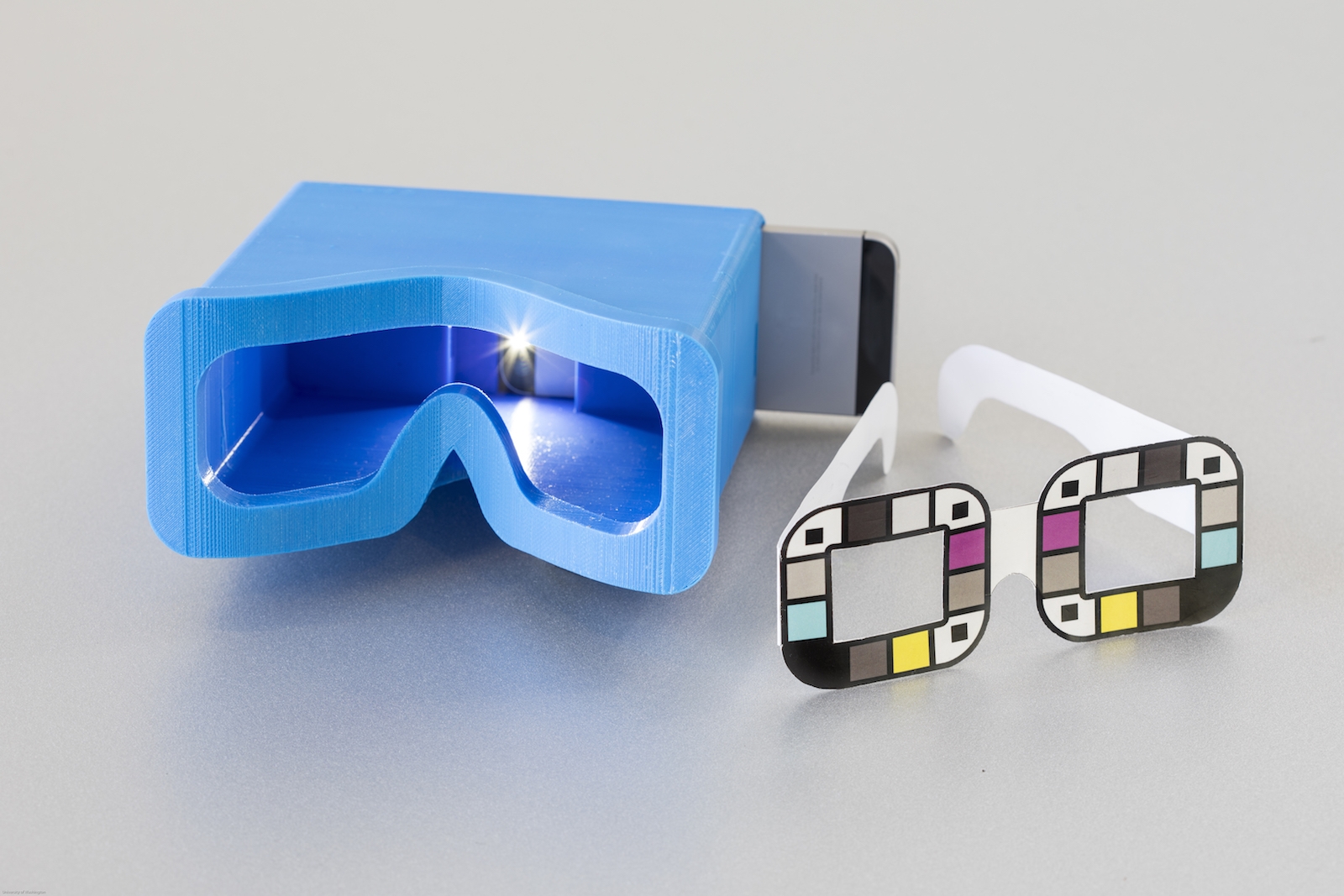
In order to take lighting into account, the app can be used with either a special box that blocks out ambient light or paper glasses with colored squares around the edges that the app is calibrated to. With the box, BiliScreen was around 90 percent as accurate as a blood test in identifying concerning levels of bilirubin in a small, 70-person clinical study.
The researchers are now working to make the app useful without accessories and are presenting their work at Ubicomp 2017 next month.
(24)

